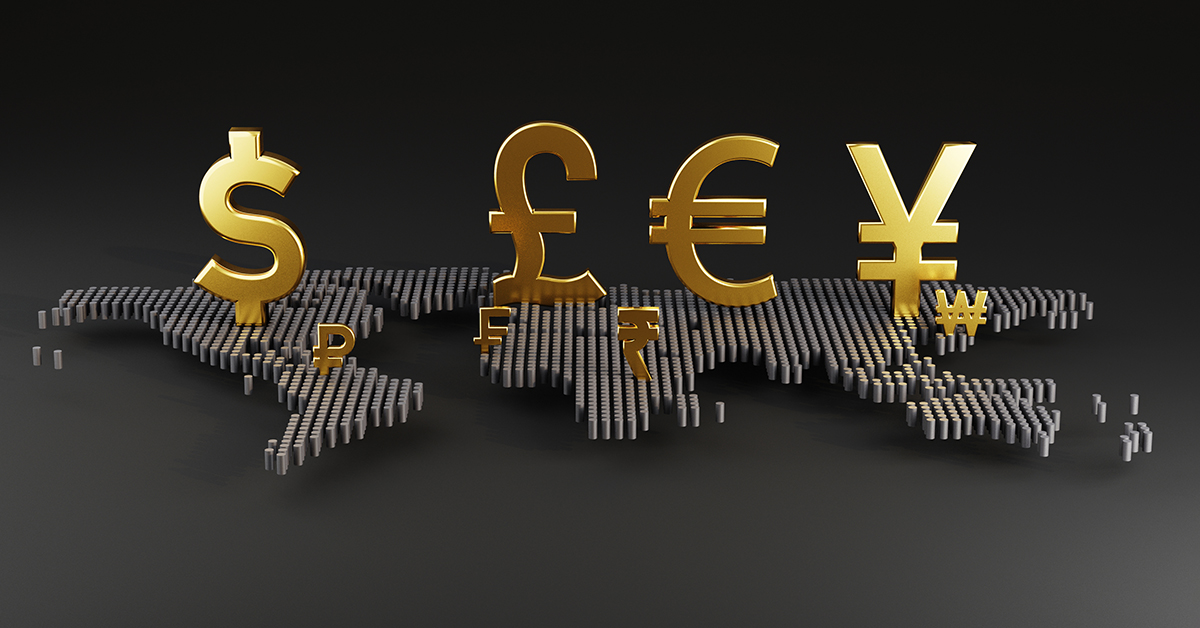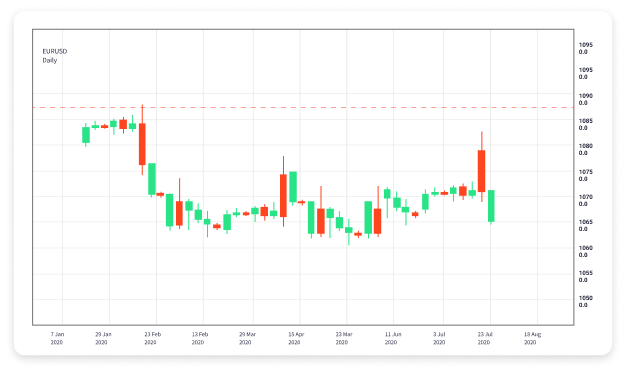
Revolutionizing Forex Trading: The Role of AI
The Forex trading landscape is undergoing a significant transformation as artificial intelligence (AI) becomes an integral part of the trading process. With its ability to analyze vast amounts of data quickly and accurately, AI is reshaping how traders make decisions. AI-powered systems are not only optimizing trading strategies but also improving risk management and enhancing overall trading efficiency. In this article, we will delve into the various aspects of AI in Forex trading, its benefits, challenges, and future prospects. You can also check out the ai forex trading Top Sharia Forex Platforms that cater to diverse trading needs.
Understanding AI in Forex Trading
AI in Forex trading refers to the use of algorithms, machine learning, and data analytics to streamline and enhance the trading process. AI systems can evaluate historical data, recognize patterns, and predict future market movements. As Forex trading requires precision and timing, these capabilities make AI a valuable asset.
How AI Analyzes the Forex Market
The Forex market is characterized by its volatility and complexity. Traditional trading methods often struggle to provide timely insights due to the sheer volume of data. AI tackles this issue by utilizing machine learning algorithms that can analyze trends, market sentiment, and economic indicators in real-time. Some specific ways AI enhances market analysis include:
- Data Aggregation: AI systems can harvest data from diverse sources such as news articles, social media, and economic reports to provide a holistic view of market dynamics.
- Sentiment Analysis: By applying natural language processing (NLP), AI can discern market sentiment from various textual sources, offering insights that traditional metrics might miss.
- Pattern Recognition: Machine learning models recognize historical patterns and trends, enabling more accurate predictions.
Benefits of AI-Driven Forex Trading
The integration of AI in Forex trading offers numerous advantages, including:
- Increased Efficiency: AI can process and analyze data much faster than a human trader, leading to quicker decision-making and execution of trades.
- Diminished Emotional Influence: Humans are often influenced by emotions, leading to poor decision-making. AI systems operate on data-driven insights, minimizing emotional bias.
- Improved Risk Management: AI can calculate risk more efficiently, enabling traders to set better stop-loss levels and manage their portfolios effectively.
- Backtesting Strategies: AI allows traders to backtest their strategies against historical data, refining and optimizing them for better performance.

Types of AI Applications in Forex Trading
There are several types of AI applications that traders utilize to enhance their Forex trading strategies:
- Automated Trading Systems: These systems execute trades on behalf of the trader based on pre-defined criteria, utilizing algorithms to analyze and act on market conditions.
- Predictive Analytics: AI models can predict market movements based on historical patterns and other influencing factors, providing valuable insights for traders.
- Bioinformatics: Some advanced AI systems incorporate bioinformatics to analyze trader behavior and optimize individual trading strategies.
Challenges of Implementing AI in Forex Trading
While AI presents numerous opportunities, there are also challenges that traders face when incorporating AI into their Forex trading strategies:
- Data Quality: AI systems are only as good as the data they analyze. Poor quality or incomplete data can lead to incorrect predictions and financial loss.
- High Costs: Developing and implementing AI systems can be expensive, making it less accessible to retail traders.
- Overfitting: There is a risk that AI models can become overfitted to historical data, which may not be applicable in future market conditions.
- Regulatory Considerations: As AI becomes more prevalent in trading, regulators are beginning to scrutinize its use. Compliance with regulations is essential for traders using AI.
Future of AI in Forex Trading
The future of AI in Forex trading looks promising. As technology continues to evolve, we can expect even more advanced algorithms capable of learning and adapting to new market conditions. Furthermore, the democratization of AI technology will likely make it more accessible to retail traders, powered by advancements in computing power and data analytics.
In addition, collaboration between AI developers and financial institutions could result in better regulatory frameworks that accommodate the growing use of AI in trading. This collaborative environment may also lead to innovations that further integrate AI with Blockchain technology, ensuring secure and efficient transactions.
Conclusion
The integration of AI in Forex trading represents a paradigm shift in how traders approach the market. By leveraging the power of data analytics and machine learning, traders can optimize their strategies, improve decision-making, and mitigate risks. As this technology continues to develop, it will undoubtedly shape the future of the Forex market, making AI an indispensable tool for traders seeking success.
